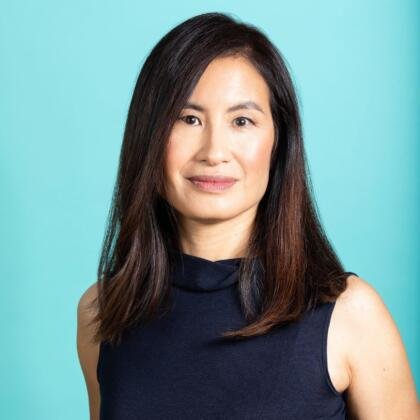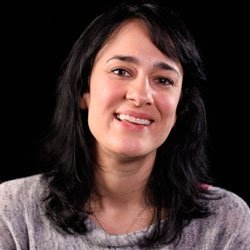Disciplinary Knowledge & The Good Life
What does my discipline, major, or department have to teach me about what makes a life meaningful, fulfilling or well-lived?
The Berkeley Institute invites undergraduate and graduate students to a semester-long conversation with UC Berkeley faculty on disciplinary knowledge and 'The Good Life.' What tools can different disciplines offer for understanding and pursuing a life well-lived — and what tools do they not offer?
See below for more information on the topics that will be discussed at each event in this series.
Dates: throughout the Spring 2023 semester
Time: 6:30pm-8:00pm
Location: Berkeley Institute (2134 Allston Way, 2nd floor)
click here for a pdf of flyer
No reading required. All events are free of charge and open to current students, recent graduates, and faculty.
Registration is encouraged, as refreshments may be provided.
-

Philosophy
w/ Professor Kristin Primus
Thursday, March 2 from 6:30pm- 8:00pm
What sort of contentment does Spinoza think comes from intellectual understanding? Can one enjoy this sort of contentment while being embedded in an emotional life? Does intellectual understanding dampen or amplify feelings of connection and community? Join us for a conversation with Professor Primus.
-

Physical Sciences
w/ Professor Karl Van Bibber
Monday, March 13 from 6:30pm-8:00pm
What is the attraction to academic life, particularly in the sciences? In this conversation, we will explore a few answers: A life of scientific research can meet the passion for unfettered inquiry. It offers a vocation of service, most clearly exemplified by the public university. But, often overlooked is also the genealogical dimension of academia: one's chosen discipline as a family history, the desire to understand one's own origins, to know where one is situated, to form and induct the next generation of scholars, and to perpetuate oneself and one's ideas. Join us for a conversation with Professor Van Bibber.
-

Sociology and Ethnic Studies
w/ Professor Carolyn Chen
Monday, April 3 from 6:30-8:00pm
The tools of sociology and ethnic studies are very useful in understanding the elements of a bad life - poverty, racism, sexism, oppression, and injustice. But they have often shied away from trying to understand the "good life." Why is this the case? What insights into the good life can these disciplines offer? What are their limits? And what other forms of knowledge and wisdom might we seek to understand the good life? Join us for a conversation with Professor Chen.
-

English
w/ Professor Joanna Picciotto
Thursday, April 20 from 6:30pm-8:00pm
Today, arguments for the moral value of literary study often focus on how narrative forms like the novel offer opportunities for the cultivation of empathy. In the sixteenth and seventeenth centuries, by contrast, literary style itself was understood as an extension of social conduct. The close study of style through the reading and writing of verse was part of a student’s habituation into the virtues. Professor Picciotto will explore this approach to the study of poetry and defend some of its motivating assumptions—for example, that to become acquainted with a poet’s style is to become conversant with a way of being in the world.
-

Psychology
w/ Professor Drew Jacoby-Senghor
Monday, April 24 from 6:30-8:00pm
To understand what it is like to be “a self” is to understand what motivates us and the very nature of human purpose. We will discuss what makes us happy and what doesn't, how science can define meaning—both conceptually and personally—and what the topics of equality and effective altruism can tell us about the good life. Join us for a conversation with Professor Jacoby-Senghor.
